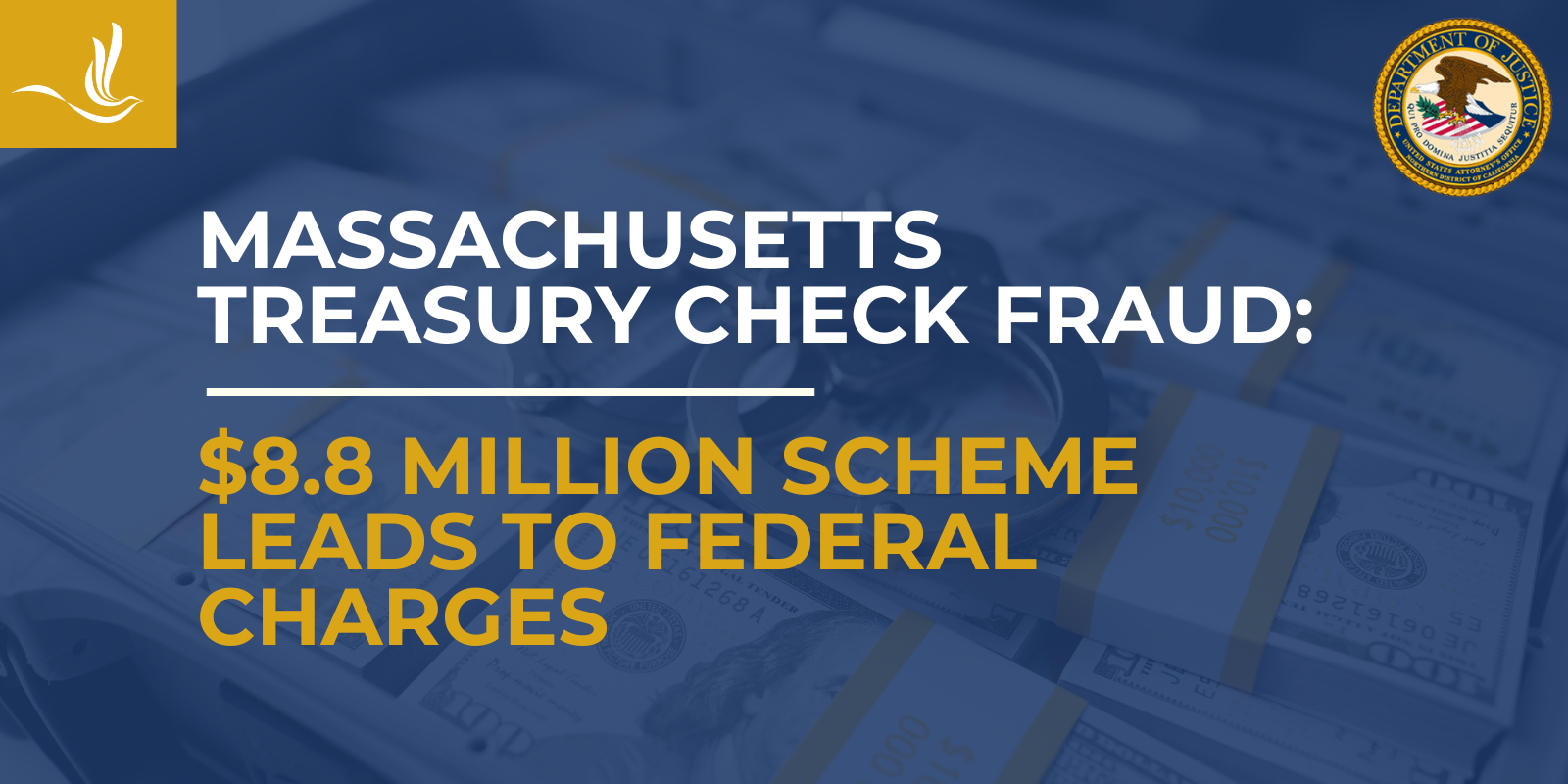Earlier this year, the head of the US Department of Justice’s anti-trust unit vowed to crack down on the buyout sector’s aggressive deal-making practices. What that implied wasn’t entirely clear.
As long as it remained a cottage industry, private equity (PE) was always lightly regulated. Even after the late 1980s junk bond mania demonstrated PE’s potential to wreak economic havoc, rudimentary reporting guidelines, weak accounting standards, and lax legislation all but endorsed PE’s capacity for incomparable value creation.
The Gilded Age of Private Markets
The SEC attributes the private markets’ phenomenal expansion to a comparatively casual regulatory framework relative to that of the public markets.
Perhaps the industry’s small size and lack of systemic risk justified such leniency. At the peak of the 2007 credit bubble, the top traditional asset managers handled about $70 trillion in global assets while private capital firms only managed $3 trillion.
But the landscape is changing fast. Every year from 2010 to 2020, in the United States private markets raised more capital than the public markets did. Last year, private capital firms had almost $10 trillion in assets under management (AUM).
The growth rate is impressive, and so is the sector’s influence on the economy and equity markets through buyouts, take-privates, IPOs, and other corporate activity. Last year, private capital firms sponsored 38% of global M&A deals. In any given year, PE- and venture capital (VC)-backed IPOs may represent between 20% and over 50% of all public listings on national stock exchanges.
But as the industry expands further, the risks will accumulate. Efficient markets require an unfettered flow of timely and accurate information as well as complete transaction transparency. These characteristics typically apply to the public equity and bond markets, but not to private capital.

Tepid Attempt at Regulation
The only real government effort to impose detailed disclosure requirements on PE firms occurred in the United Kingdom as the global financial crisis (GFC) unfolded. Amid sweeping job cuts at PE-owned businesses, trade union pressure combined with public outcry led to Treasury Select Committee hearings.
In response, the British Private Equity & Venture Capital Association (BVCA) organized a commission to develop a code of practice to encourage more transparency. The commission recommended a set of voluntary disclosures, not serious regulation that would hold fund managers accountable. In the end, many of the PE practitioners expected to follow the so-called Walker Guidelines never reported on the performance and economic impact of their investee companies.
Fifteen years later, all that remains of the initiative is a rather toothless reporting group run by the BVCA.
This lack of detailed reporting requirements helped persuade BlackRock, Fidelity, and other traditional asset managers to launch alternative investment activities in private markets.

The Reformation of Private Markets
Yet, given recent developments, stricter supervision is warranted. In the first two years of the COVID-19 pandemic, for instance, almost half of LP investors, including those responsible for running retirement plans, allocated capital to PE fund managers whom they had never met in person. Even sophisticated institutions were cutting corners to secure their share of annual allocation.
Such practices raise an obvious question: Who protects the clients and ensures that conflicts of interest are adequately dealt with?
Of all the sector’s shortcomings, political capture may be the most perverse. This is hardly a new issue. The emergence of “access capitalism” was flagged almost 30 years ago. But the general trend towards influence-peddling has intensified. With so much firepower, alternative asset managers have secured the services of former presidents and prime ministers, among other policymakers.
For all the criticism of the accountancy profession, a supervisory body does provide oversight and can sanction firms and practitioners alike. Audit regulation was strengthened in the wake of the telecom and dotcom crash of the early 2000s. In the UK, since the GFC, the Financial Reporting Council has fined accountancy firms for botched audits. And the UK government plans to strengthen the supervisory framework by granting new powers to a soon-to-be-created Audit, Reporting and Governance Authority.
By contrast, thanks to their access and influence, private capital investors face very little scrutiny despite managing the population’s savings and retirement funds.
So what should the regulatory priorities be?

A Possible Regulatory Agenda
Five areas in particular warrant comprehensive reform:
1. Information Accuracy and Disclosure
Valuations can be subject to extensive finessing and manipulation. Academic research shows that PE operators inflate fund values, particularly when trying to raise money.
Loose mark-to-market rules have turned the valuation exercise into a form of legerdemain that enables PE portfolio companies to demonstrate less performance volatility than their listed peers. But by failing to reflect fair market value, alternative asset managers simply adopt a mark-to-myth approach.
Today, the most tempting ground for potential accounts manipulation is in private markets. Naturally, this has repercussions on the equity markets when inflated asset valuations are used as proxies ahead of anticipated IPOs, as the WeWork saga and last year’s SPAC-sponsored listings demonstrate.
The integrity of performance reporting is another concern. Private capital firms can restrict the dissemination of data related to their activities and underlying portfolios. Indeed, one of the advantages of being controlling shareholders is the ability to withhold information.
Warren Buffett raised the issue of performance disclosure at Berkshire Hathaway’s Annual General Meeting (AGM) on 4 May 2019:
“We have seen a number of proposals from private equity funds, where the returns are really not calculated in a manner [that] I would regard as honest . . . If I were running a pension fund, I would be very careful about what was being offered to me.”
Even if LP investors might be partly responsible for such shenanigans, proper reporting is paramount if they are to make informed decisions. One way to bridge the data gap and move towards an industry-wide governance framework would be for PE practitioners to adopt the Global Investment Performance Standards (GIPS) already used by many asset managers.
2. Fees.
Efforts to end excessive rent extraction may provide the acid test for the sector. SEC initiatives in this area have been welcomed by institutional investors, some of whom haven’t been able to track the numerous fees their clients charge. Not only are commissions opaque, but overcharging is rampant. PE firms devised many new and novel ways to charge commissions, including through cross-portfolio services.
The fee policies at retirement plans and other traditional asset managers have been brought under control through a combination of tighter monitoring and fiercer competition. Vanguard’s low-fee solutions have been a key component. By comparison, thus far private markets have remained an overgrown jungle without adequate competition or oversight. But that could soon change. Yet another reason for pension fund managers and sovereign wealth funds to set up private capital units is to bypass PE intermediaries and eliminate or rein in the commissions they charge.

3. Training
Continuing professional development (CPD) in private markets should be compulsory, as it is for the legal and accountancy professions. Fund managers take significant risks with other people’s money. Shouldn’t they have to demonstrate that their skills are up to date and that they are well-versed in the latest regulatory and professional standards?
4. Post-Ownership Accountability
Alternative asset managers are not meant to hold onto assets for more than a few years. That’s a major issue that pension funds and other long-term investors don’t have.
Pump-and-dump, cut-and-run, and other quick-flip strategies can cause serious post-exit underperformance. In the worst scenarios, it may induce a zombie state or bankruptcy. PE firms need to be answerable beyond the ownership period. Senator Elizabeth Warren’s proposed Stop Wall Street Looting Act seeks to accomplish that.
5. Sanctions
US congressional hearings often resemble shadowboxing and rarely lead to real corrective measures. Oversight with real teeth is needed. When negligence or misbehavior is proven, the firms and individuals responsible ought to be punished.
The bare existence of regulation does not ensure legitimate market activity if prosecution or redress is not sought from rule breakers. Last year, the SEC’s director of enforcement said the agency would follow a more aggressive policy to deal with white-collar wrongdoing. Presumably private capital firms and other financial institutions could be held more accountable.

Managing Expectations
The private markets’ regulatory process had always avoided any concept of preemption. It was exclusively defensive. The SEC’s recent moves suggest that it may be taking a different stance, one that emphasizes offensive deterrence or active resistance.
But we would be naïve to anticipate a full-fledged statutory framework. This isn’t the first time authorities have vowed to get tough.
Back in 2014, at a private equity conference, the director of the SEC’s Office of Compliance Inspections and Examinations outlined the inherent risks in the sector. He noted “the relative paucity of disclosure” and “real and significant” conflicts. He pointed out that “complexity and rapid growth have created governance and compliance issues” and pledged to help address the “lack of transparency and limited investor rights” in PE. But less than a year later, that director left the agency for the private sector. A more robust regulatory regime is yet to come.
If the past is any guide, only a major crisis will initiate the necessary change. And the Walker committee experience has shown that the change is likely to be both temporary and insufficient.
Unrestrained financialization created a regulatory sanctuary for globetrotting fund managers. At present, amid deficient legislation and supervisory policies, there is no rule of law in private markets.
Guardians could soon take up positions at the PE gate. But they may find that during their long absence, the gate has come off its hinges, and putting it back in place won’t be easy.
If you liked this post, don’t forget to subscribe to the Enterprising Investor.
All posts are the opinion of the author. As such, they should not be construed as investment advice, nor do the opinions expressed necessarily reflect the views of CFA Institute or the author’s employer.
Image credit: ©Getty Images/ photonaj
Professional Learning for CFA Institute Members
CFA Institute members are empowered to self-determine and self-report professional learning (PL) credits earned, including content on Enterprising Investor. Members can record credits easily using their online PL tracker.


























